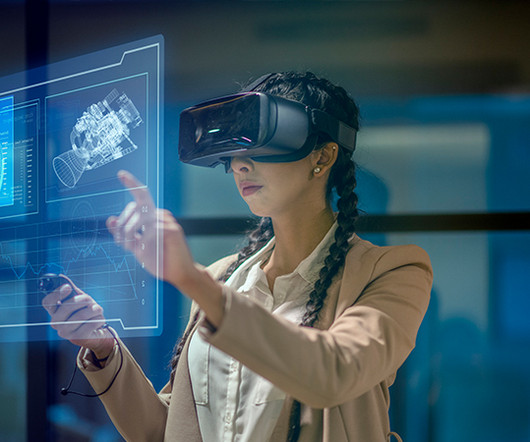The Impact of Artificial Intelligence on Human Jobs in the Near Future
Epicflow Blog
AUGUST 5, 2021
But with changes come challenges: as the smart technology becomes mainstream, it becomes clear that it will reduce the number of workers required for certain tasks both in manufacturing and in other sectors of human employment. Let’s consider what impact artificial intelligence will have on the existing jobs. .














Let's personalize your content